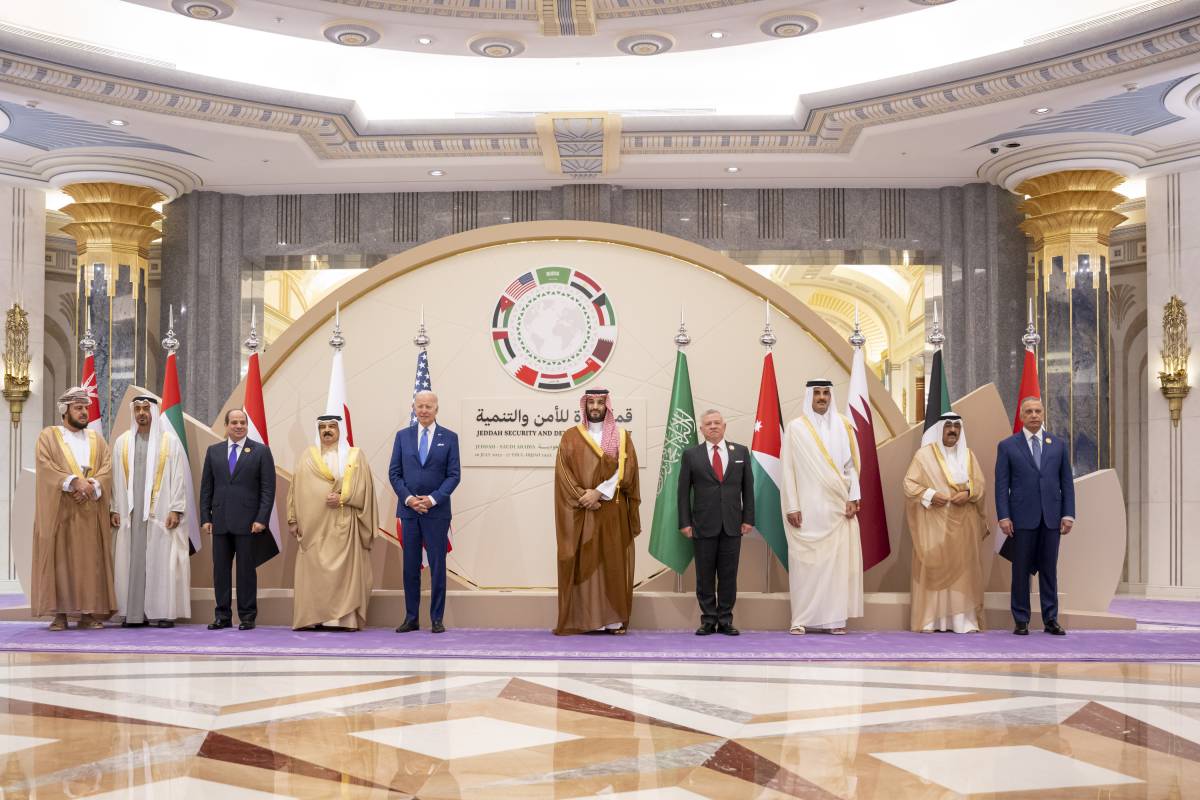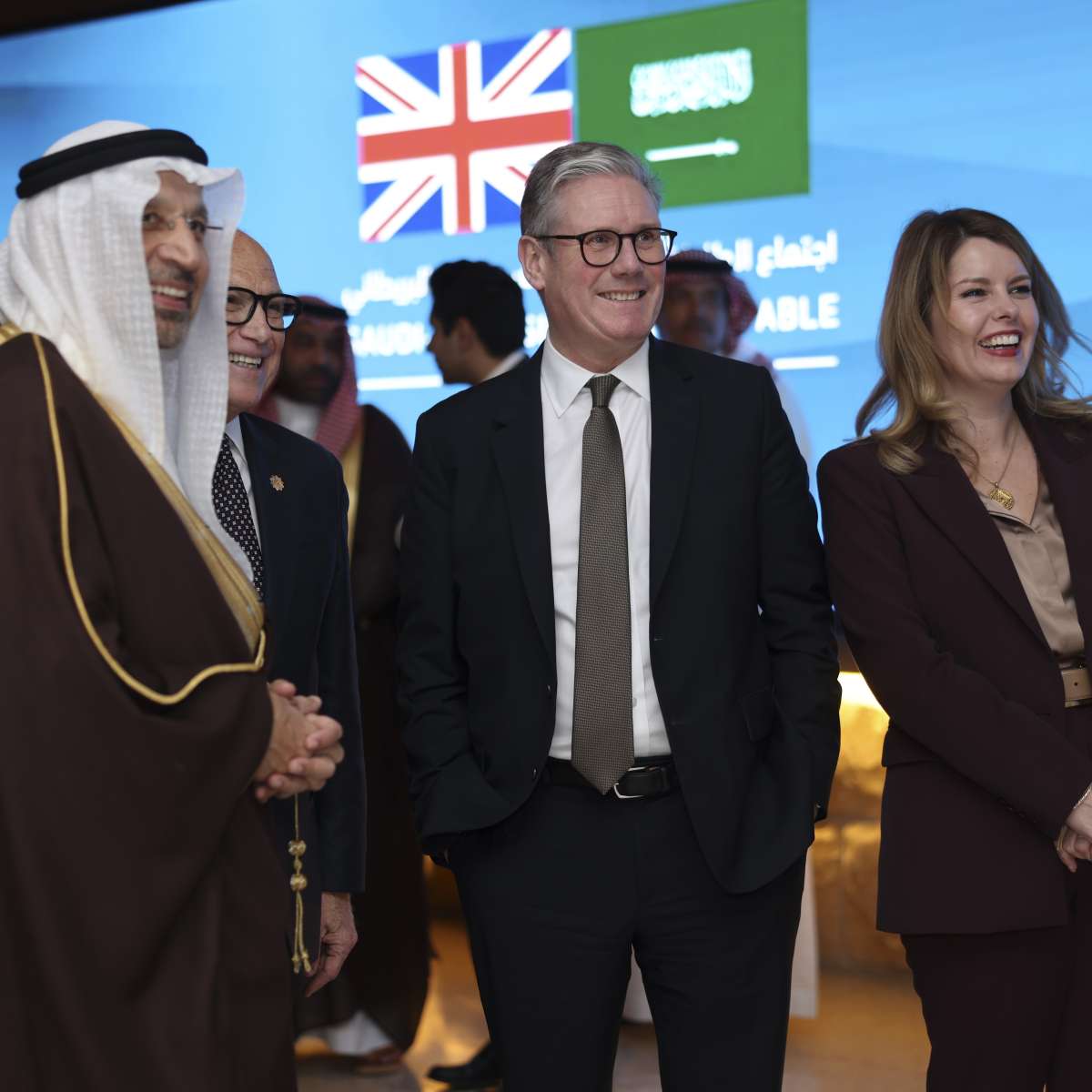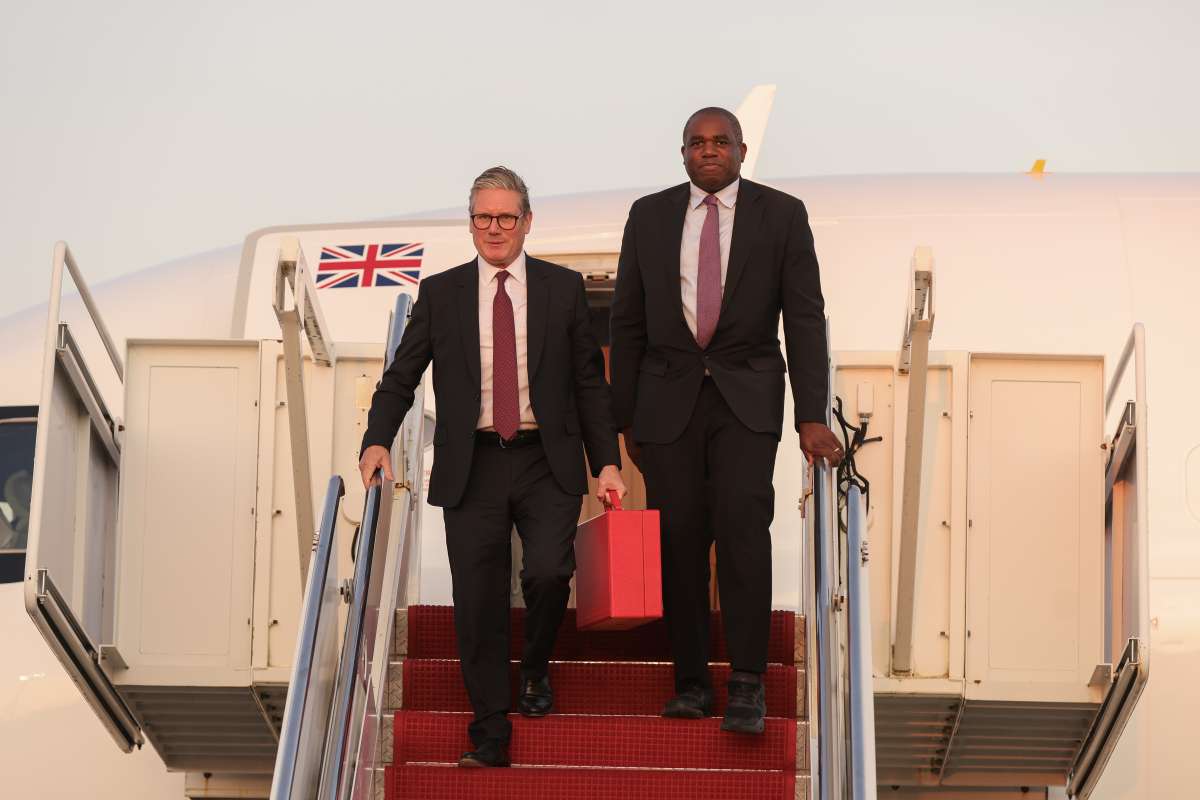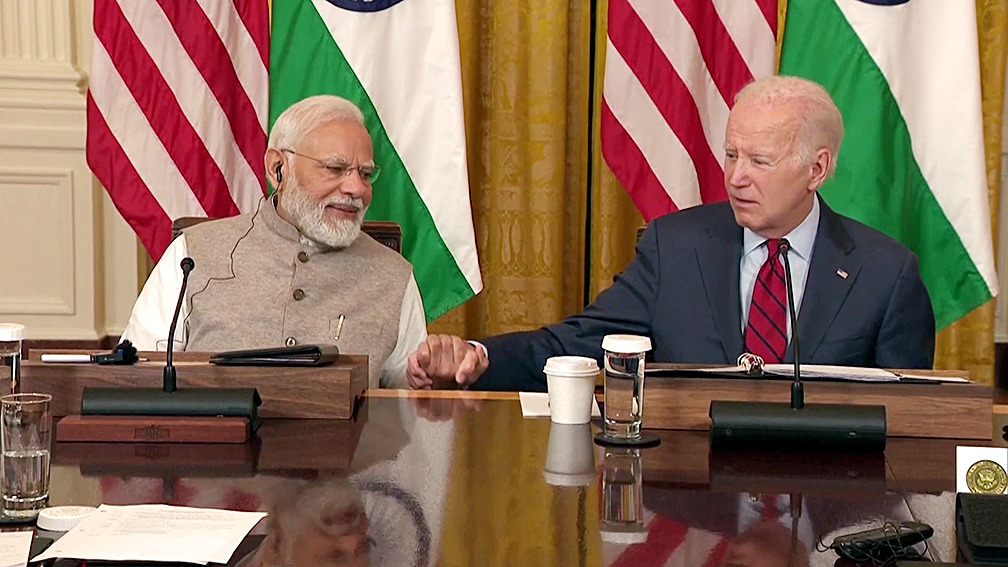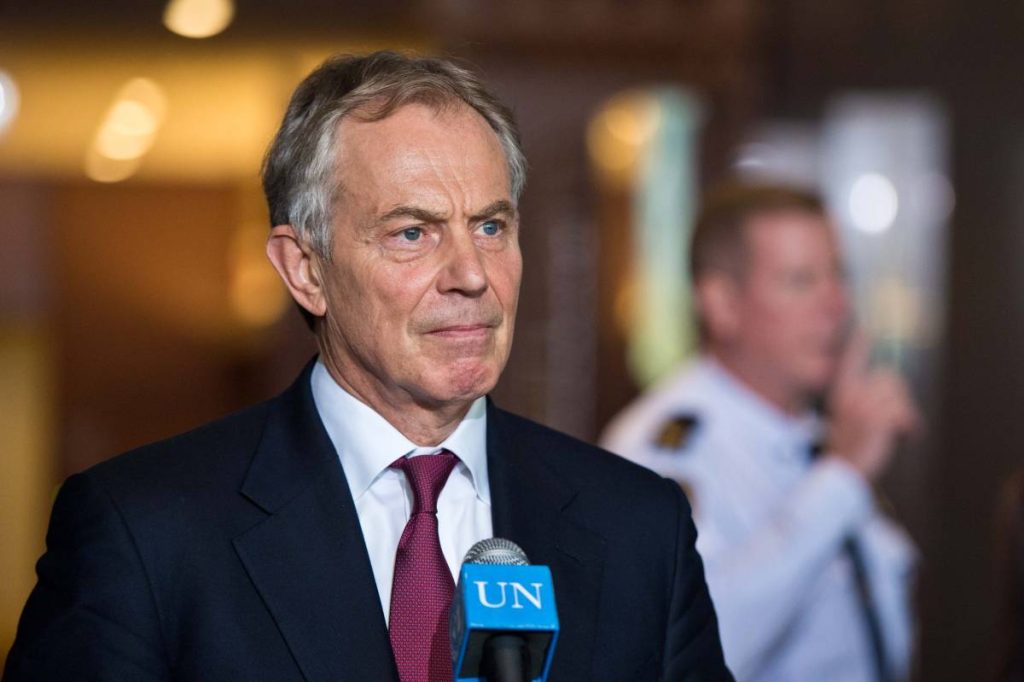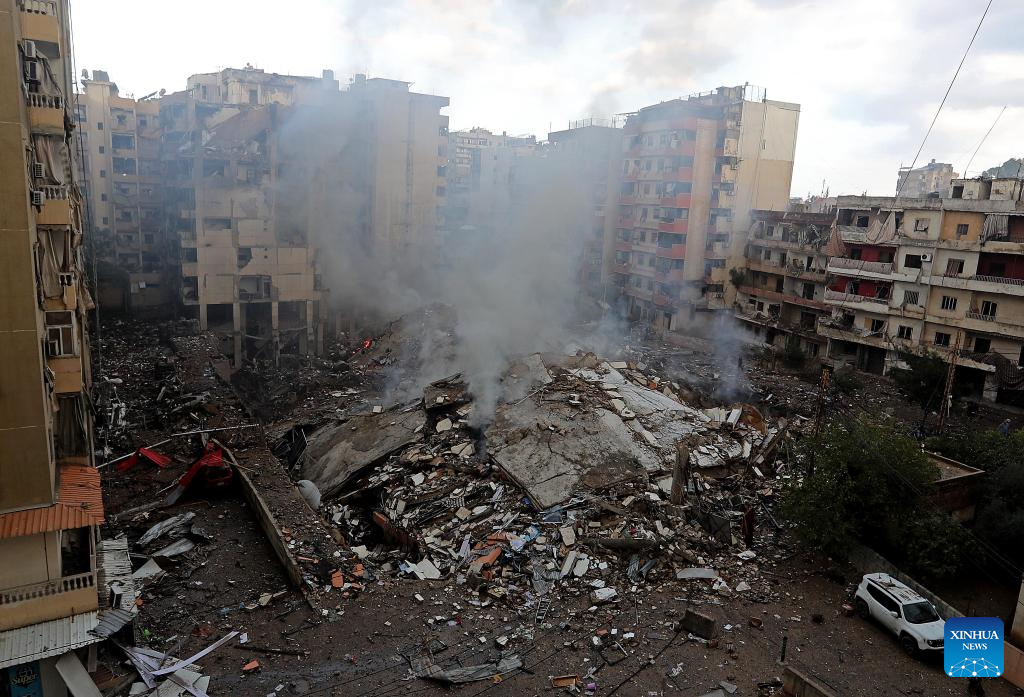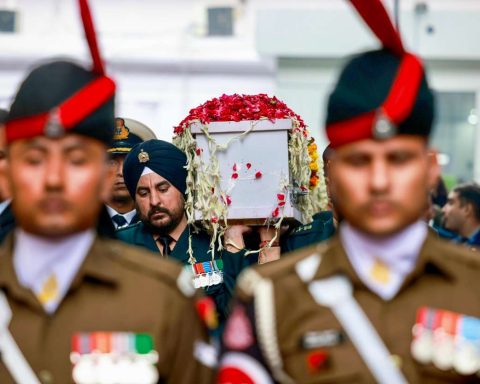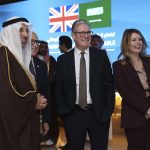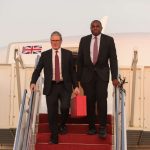“The United States is invested in building a positive future in the region, in partnership with all of you, and the US is not going anywhere,” said President Biden at the historic Jeddah summit of GCC Plus 3. The invisible presence of Israel, Turkey and India make the conference a landmark event in the history of Arabia…. A special report by Anasudhin Azeez from Jeddah
“We are optimistic that this summit will lead to setting a comprehensive framework for a new phase in which we give hope to the young men and women of the region for a bright future in which they can realize their hopes” said Saudi Arabia’s de facto ruler Crown Prince Mohammed bin Salman at the historic Jeddah Security and Development Summit of 10 powerful leaders of the world.
The youngest (Just 36) among the Arab leaders is telling 79-year-old US president Joe Biden that the Kingdom is now ready to take the lead in the regional politics. This is Arabia @2. The mighty America has become an equal partner with a new alliance of GCC plus three – Egypt, Jordan and Iraq. The new alliance also includes Israel and India through I2U2, a summit President Biden presided during the historic visit. They can also count the support of Turkey through NATO and the recent bilateral visits by Turkish President Tayip Erdogan to the UAE, Saudi Arabia and the visits of Crown Prince Mohammed bin Salman and the UAE President Sheikh Mohamed bin Zayed to Turkey. The invisible presence of Israel, Turkey and India make the conference a landmark event in the history of Arabia. The echoes of Abraham Accord and the call for the creation of independent Palestine through two-state solutions were also felt at the venue.
America was forced to sit along with Jordan, Iraq and the rulers of GCC to find out solutions for the economic and political mess they are in. The Arabs buried their hatchets and ready to embrace changes. Jeddah, the historic port city in the Red Sea coast, reflects the changes taking place in the Arab society. Women are driving, the cane wielding Muttawas (religious police) were disappeared from parks, malls and public places. The new Arabia has arrived. The era of blockades, disputes over territories are over. The leaders agree to work for some common goals to uplift the economy and stem the rise of new axis of evil.
“There are so many issues at stake, I want to make clear that we can continue to lead in the region and not create a vacuum, a vacuum that is filled by China and/or Russia,” President Biden said just before the summit. That was the core of his agenda.
“It has been almost 80 years since the founder of my country, King Abdulaziz, met with President Franklin D. Roosevelt to lay the foundation for a post-war Middle East,” said Princess Reema bint Bandar, Kingdom’s ambassador to Washington. “Since that day, our two countries worked together to defeat Soviet communism, guarantee global energy security, contain a revolutionary Iran, repel Saddam Hussein from Kuwait and, more recently, destroy Al-Qaeda and Daesh,” she wrote in Politico.
The sentiment was echoed in the statements of other leaders attended in the summit.
“We are all aware of the size of challenges that the region and the world are facing, and from that arises a need to align and enhance global efforts to achieve our peoples’ aspirations of further progress and prosperity,” said Sheikh Mohamed bin Zayed Al Nahyan, the newly appointed President of the United Arab Emirates.
“Historical events have proven that the only way to end conflicts and tensions is utilising wisdom, abiding by international law and using diplomatic means and solutions to resolve problems, thus protecting the interests of everyone involved and preventing further war- and conflict-induced human suffering,” the UAE leader continued.
He explained that overcoming challenges is achieved through international cooperation in enhancing advanced education opportunities, fostering innovation, focusing on the future prospects of technology, supporting scientific research and bolstering economic ties.
Furthermore, the UAE President affirmed that the UAE will remain a main and trusted partner in the global drive to achieve stability and prosperity, adopting an approach that is developed around the pillars of achieving peace and development for all world nations.
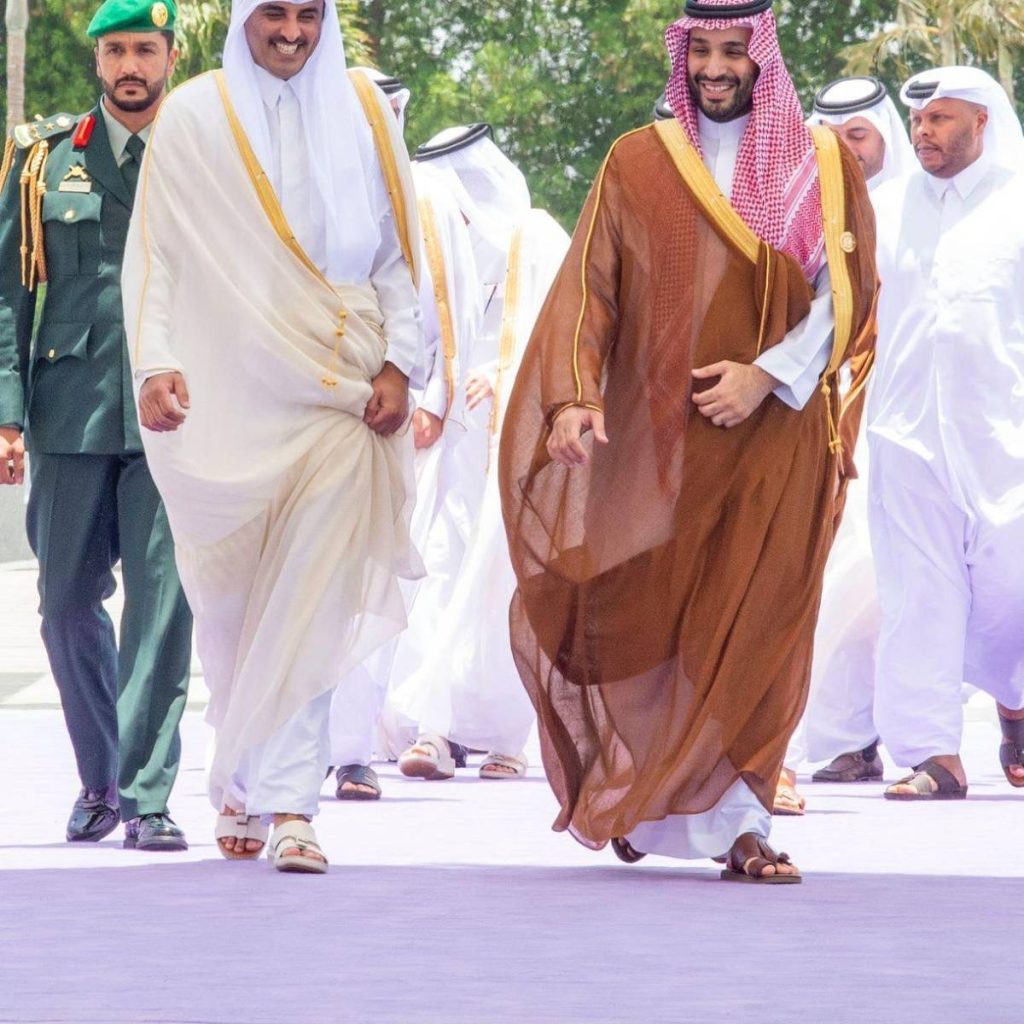
“We are working to establish frameworks for dialogue and joint work, and are confident of our ability, as a region, to take initiative and bear our responsibilities towards our issues, as well as play a key role in dealing with global issues that affect all of humanity, including climate change and food and energy security, Sheikh Mohamed noted, adding that the partnership between the US and countries in the region is a strong foundation for fruitful cooperation, especially in issues relating to regional and global development.
King Abdullah II ibn Al Hussein of Jordan; King Hamad bin Isa Al Khalifa, King of the Kingdom of Bahrain, Sheikh Tamim bin Hamad Al Thani, Emir of the State of Qatar; Sheikh Mishaal Al-Ahmad Al-Jaber Al-Sabah, Crown Prince of the State of Kuwait; Sayyid Asaad bin Tariq Al Said, Deputy Prime Minister for International Relations and Cooperation Affairs and Special Representative of His Majesty the Sultan of Oman; Abdel Fattah El Sisi, President of the Arab Republic of Egypt; and Dr. Mustafa Al Kadhimi, Prime Minister of the Republic of Iraq were also spoke.
President Biden mentions the role of China and Russia in the new global crisis. He urged the Arab leaders to join the US efforts to stem the rise of new era communism.
“Around the world, we’re seeing efforts to undermine the rules-based order: with China’s increasingly coercive actions in the Indo-Pacific and beyond; with Russia’s brutal and unprovoked war against its neighbouring Ukraine; and with Iran’s destabilizing activities,” he said.
President Biden promised to address the key issues threatening the region.
“We will turn our attention and our resources to supporting our partners, strengthening our alliances, and building coalitions to solve the problems facing this region and the world — and the world today. The United States is clear-eyed about the challenges in the Middle East and about where we have the greatest capacity to help drive positive outcomes. Our objectives are focused realistic, and achievable so that we can target our resources, rebuild trust, and deliver real results. And we will operate in the context of the Middle East as it is today: a region more united than it has been in years. The GCC is a prime example of that. Former rivals have reestablished diplomatic and economic ties. New memberships are being forged. And increasingly, the world is seeing the Middle East through the lens of opening and opportunity. Let me state clearly that the United States is going to remain an active, engaged partner in the Middle East.”
The President reasserts his decision to challenge the threats of new axis of evil.
“As the world grows more competitive and the challenges we face more complex, it is only becoming clearer to me that — how closely interwoven America’s interests are with the successes of the Middle East,” he said. “We will not walk away and leave a vacuum to be filled by China, Russia, or Iran. And we’ll seek to build on this moment with active, principled American leadership. Our new framework for the Middle East has five key principles.
“First, the United States will support and strengthen partnerships with countries that subscribe to the rules-based international order. And we will make sure that these — those countries can defend themselves against foreign threats. The United States and each of the countries around this table are an essential part of that order because we reject the use of brute force to change borders. When the entire GCC, plus Egypt and Jordan, voted in the United Nations General Assembly to condemn Russia’s invasion of Ukraine, it was a watershed moment. It showed that the core values of sovereignty and territorial integrity are truly universal.
“And I want to be clear: Supporting a rules-based order doesn’t mean we always have to agree on every issue, but it does mean we align around core principles that allow us to work together on the most pressing global challenges. For example, on food security, we are collectively committing billions of dollars to alleviate the crisis here in the region, with more than $1 billion coming from the United States.
“On energy security, we agree on the need to ensure adequate supplies to meet global needs. Energy producers have already increased production, and I look forward to seeing what’s coming in the — in the coming months.
“And on the climate crisis, we’re collectively investing hundreds of billions of dollars in clean energy initiatives, increasing our climate ambition, and working together to diversify supply chains and invest in critical infrastructure. And we’re looking forward to Egypt and the UAE hosting the next two major U.N. climate conferences.
“Second, the United States will not allow — will not allow foreign or regional powers to jeopardize the freedom of navigation through the Middle East’s waterways, including the Strait of Hormuz and the Bab al-Mandab. Nor will we tolerate efforts by any country to dominate another in the region through military buildups, incursions, and/or threats. The free flow of commerce and resources through the Middle East is the lifeblood of a global economy. That’s as true today as it been — as it has been for decades. And when nations adhere to international rules, it works. So my administration has made it a priority to protect those vital waterways. We’ve established a new naval task force to work in partnership with many of your navies to help secure the Red Sea. That includes the first naval task force to use un-manned surface vessels and artificial intelligence technology to enhance marine — maritime awareness. We’re also integrating air defenses and early warning systems to ensure that we can defeat airborne threats.
“Third, the United States will not just aim to deter threats of regional — to regional stability; we will work to reduce tensions, de-escalate, and end conflicts wherever possible. This approach is already reaping dividends. As was mentioned: In Yemen, working closely with Saudi Arabia, Oman, the UAE, and the U.N., we forged a truce that is now in its 15th week. We’ve welcomed the leadership Of Iraqi Prime Minister Kadhimi to bring countries from the nei- — from the neighbor- — from the region together for talks in Baghdad. Thanks to the months of quiet, persistent diplomacy, we helped finalize an agreement to remove international peacekeepers from Tiran Island in the Red Sea, and transform an area that once sparked wars into a future hub of peaceful tourism and economic development. And as we continue to work closely with many of you to counter the threats posed by — posed to the region by Iran, we’re also pursuing diplomacy to return constraints on Iran’s nuclear program. But no matter what, the United States is committed to ensuring that Iran never gets a nuclear weapon.
“Fourth, the United States will build political, economic, and security connections between the United States — between the U.S. partners wherever possible, while respecting each country’s sovereignty and independent choices. Integration, interconnection — these are the underlying themes of our meeting today. How many years have we been trying to connect Iraq’s electricity to the — to the G- — to the GCC grids? I remember being briefed on it in 19- — in 2016, when I was Vice President of the United States. I said, “Let’s get it done.” Well, today, finally, after years of failed efforts and false starts, thanks to the efforts of so many around this table, it’s done. New energy projects linking the region, a new free trade deal and investments between neighbors, like the Saudi investments in Egypt and Jordan. The more we build these connections, the more we’ll see the benefits that return to our peoples and will grow.
Fifth, the United States will always promote human rights and the values enshrined in the U.N. Charter. Foundational freedoms are foundational to who we are as Americans. It’s in our DNA. But it’s also because we know that fai- — that the future will be won by the countries that unleash the full potential of their populations, where women can exercise equal rights and contribute to building stronger economies, resilient societies, and more modern and capable militaries; where citizens can question and criticize their leaders without fear of reprisal. I’ve gotten plenty of criticism over the years. It’s not fun. But the ability to speak openly and exchange ideas freely is what unlocks innovation. Accountable ins- — accountable institutions that are free from corruption, that act transparently, and respect the rule of law are the best way to deliver growth, respond to people’s needs, and, I believe, ensure justice. And no country gets it right all the time — even most of the time — including the United States. But our people are our strength. Our countries, with the confidence to learn from their mistakes, grow stronger. So let me conclude by summing all this up in one sentence: The United States is invested in building a positive future in the region, in partnership with all of you, and the United States is not going anywhere.
The leaders welcomed US President Biden’s emphasis on a permanent US commitment to the security of its partners, as well as recognition of the region’s central role in connecting the Indo-Pacific with Europe, Africa and the Americas.
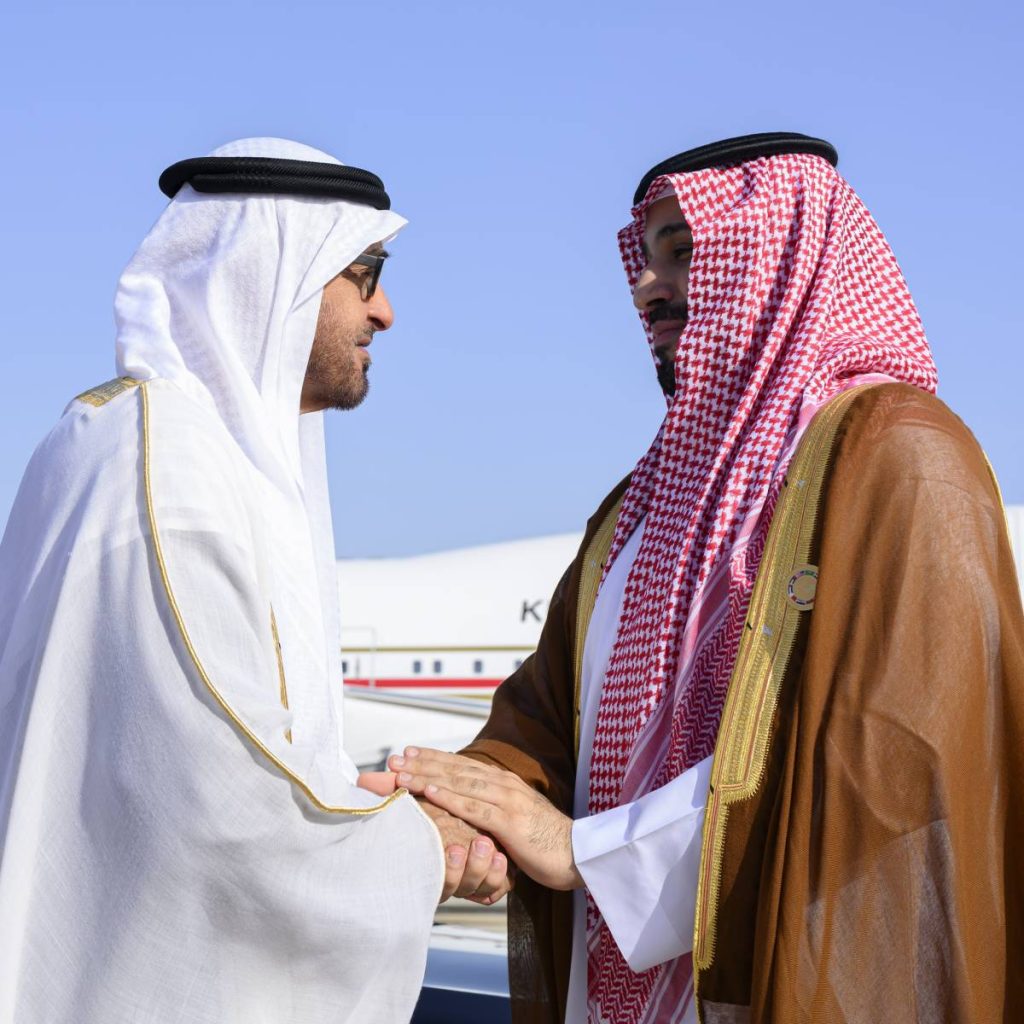
The discussions were also aimed to address collectively environmental challenges and confront climate change, including the Saudi Green and the Middle East Green Initiatives, announced last October by Crown Prince Mohammed bin Salman, in addition to the development of renewable energy sources.
With regard to the Russia-Ukraine conflict, the Jeddah summit affirmed the participants’ commitment to the principles of international law and the UN Charter, respect for the sovereignty and territorial integrity of states, non-use of force or the threat of force, in addition to the support for mediation efforts, a political solution to the crisis through negotiations, provision of humanitarian and relief assistance.
On the matter of the Yemen conflict, the leaders condemned Houthi terrorist attacks against civilians, landmarks and energy facilities, and welcomed the formation of a Presidential Leadership Council in Yemen.
The final statement expressed support for a negotiated solution between the Yemeni government and the Houthis, welcomed the extension of the truce, and underscored the importance of commitment to continue supporting the humanitarian and relief needs of the Yemeni people.
Among other things, the summit voiced support for Iraq’s security, stability and prosperity, as well as political solutions to all crises in the region, in accordance with the relevant UN resolutions and principles.
The leaders discussed Syria and said efforts must be intensified to reach a political solution to the crisis in a manner that maintains the country’s unity and sovereignty, and fulfils the Syrian people’s aspirations. The final statement underscored the importance of Lebanon’s stability and the independence of its political decision.
With regard to the situation in Libya, the leaders renewed their call for unifying military institutions under UN supervision, and voiced the necessity of holding parliamentary and presidential elections.
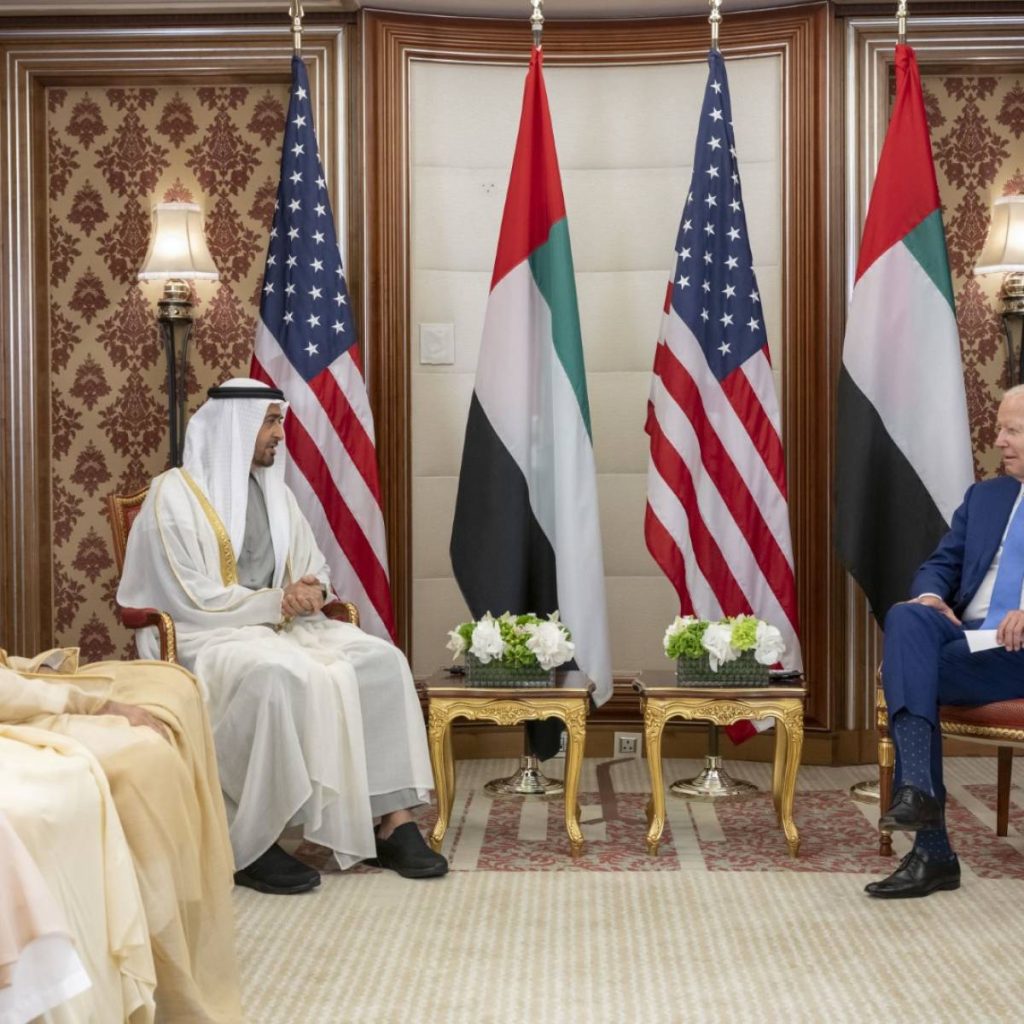
As far as Sudan is concerned, the leaders reaffirmed their support of efforts aimed at achieving stability and encouraged a consensus among the various parties
Addressing the issue of Grand Ethiopian Renaissance Dam, the leaders called for a diplomatic solution that achieves the interests of all parties concerned — mainly Egypt, Ethiopia and Sudan — and contributes to regional prosperity.
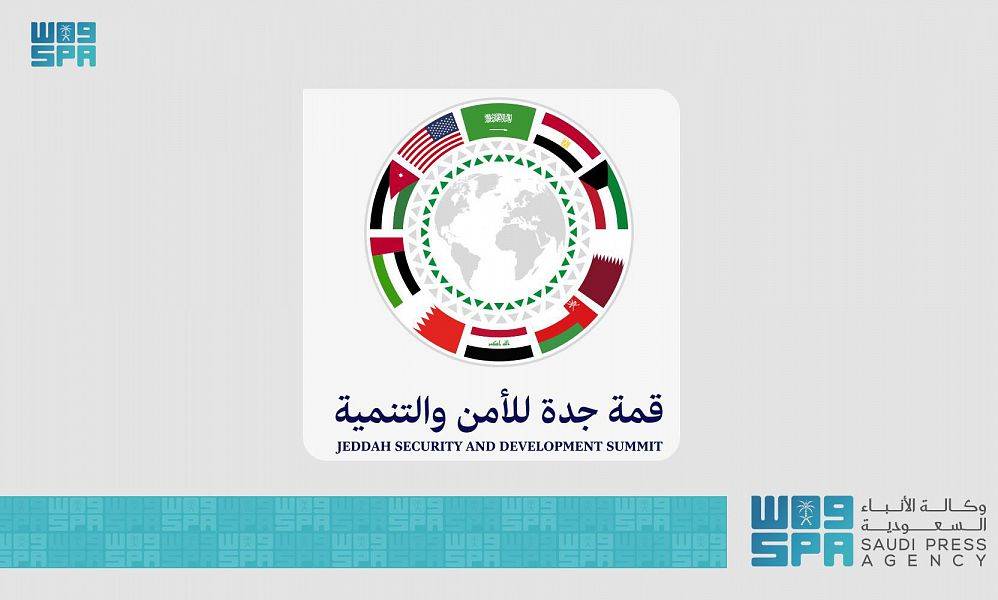
The summit affirmed the importance of close cooperation and common visions on a number of issues and situations in the region, including affirming the GCC stance supporting the two-state solution to the Palestinian-Israeli conflict in accordance with the UN resolutions and the Arab Peace Initiative,
On Afghanistan, the leaders noted that efforts must continue to provide humanitarian aid to the country and deal with the threat of terrorists. The leaders also thanked Qatar for supporting the security and stability of the Afghan people.
The final statement said that “holding the summit confirmed the Kingdom’s global economic weight, in addition to its regional and international responsibility and its pivotal role in the security and stability of the region. So, the real winner of this summit is Crown Prince Mohammed Bin Salman. The future of Arabia and the four billion population in the region is now hinges on the decisions he make. As long as the global economy rely on fossil fuels, the rulers of Arabia will call the shots.
